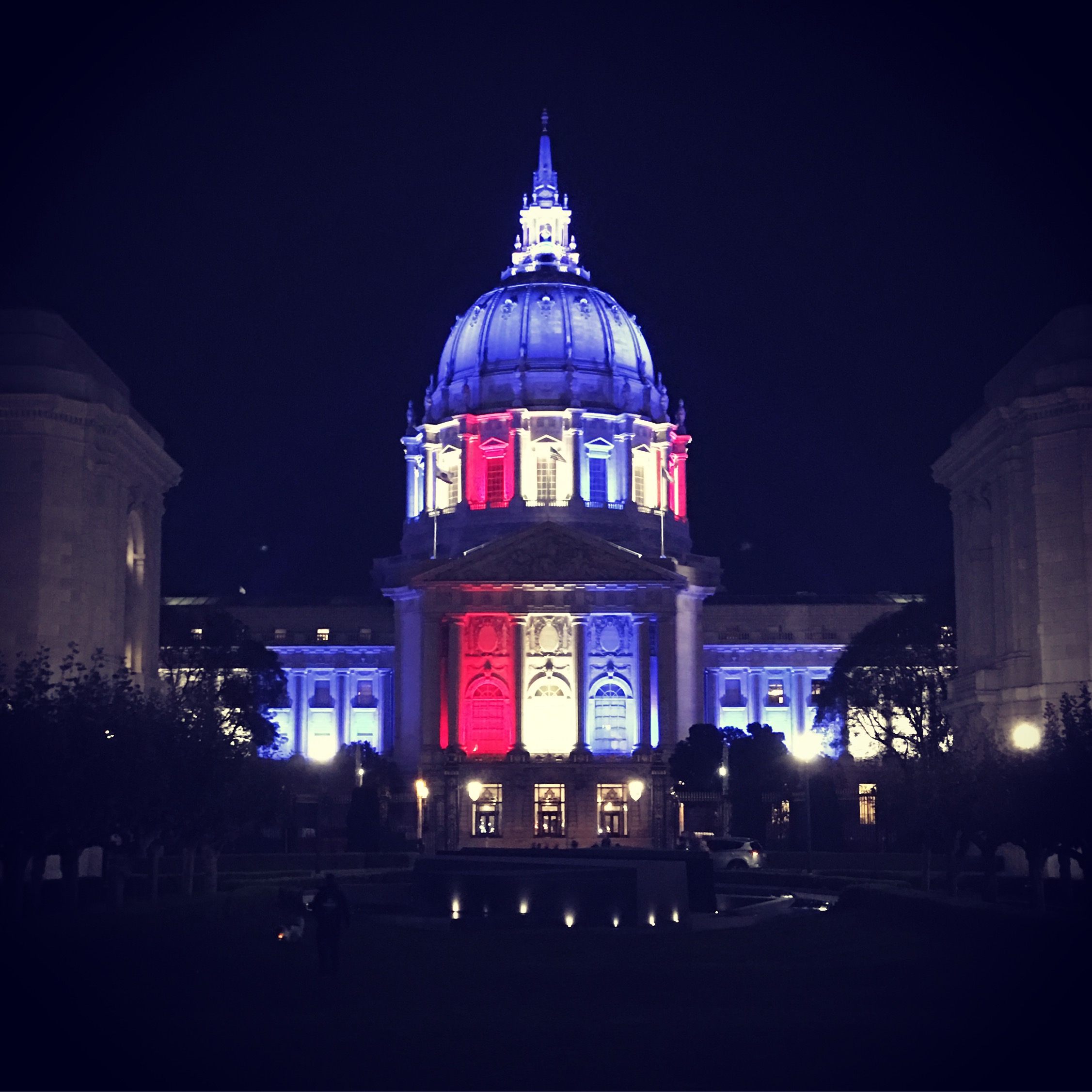
Election Day in the United States is the annual day for general elections of federal, state, and local public officials, statutorily set as "the Tuesday next after the first Monday in November" (between November 2-8) of even-numbered years. On this day, Americans elect federal positions, including the President and Vice President every four years, all U.S. House Representatives every two years, and one-third of Senators, alongside most state governors and legislatures. Historically, Tuesday was chosen to allow voters to travel to polling locations after Sunday church and before Wednesday market days, with Congress mandating a uniform date in 1845 to prevent early results from influencing later states due to the new telegraph.
Today, the timing on a workday has sparked controversy, as many find it difficult to vote due to work commitments. While some states have made Election Day a public holiday or require paid time off for voting, proposals like a federal holiday (Dubbed "Democracy Day") or moving elections to the weekend are frequently discussed. Despite the uniform date for federal elections, nearly every state also authorizes early voting and mail voting procedures to enhance voter accessibility.
Hello from Cyprus ♥️